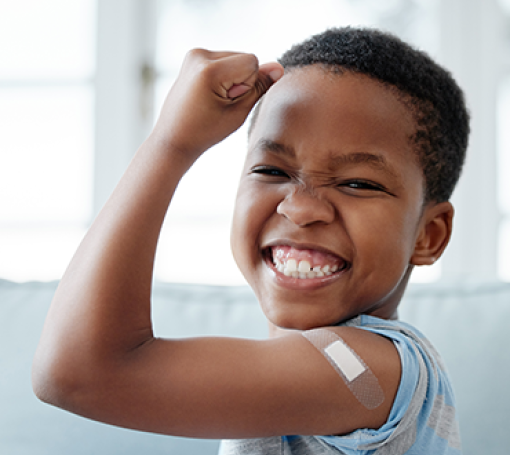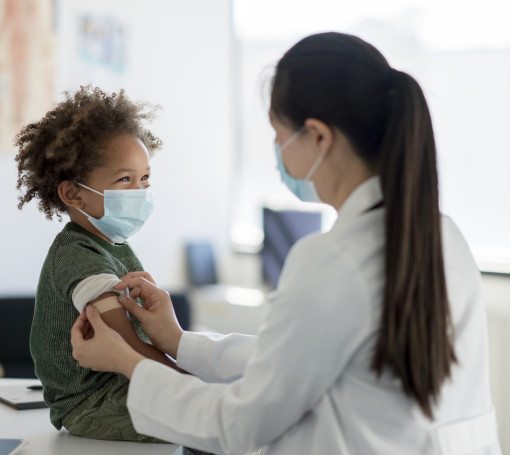You may be wondering what a COVID diagnosis means for your teen athlete. There is still much unknown about COVID, but we do know that rarely this virus can trigger an immune system to overreact and cause significant internal inflammation. This can impact your child’s heart in a way that requires more evaluation than usual for a pediatrician to ensure your adolescent is safe for intense physical activity.
If your child, 12+ years old, tests positive for COVID-19, the American Academy of Pediatrics recommends that you notify your child’s primary care pediatrician. Depending on the severity of their illness, a follow-up exam or further testing may be necessary. If your child needs to be seen in person, please schedule this after their period of isolation ends (10 days have passed from date of the positive test result and a minimum of 24-hours symptom free, off fever reducing medications) to discuss next steps. Below is the recommended guidance for the different severities of illness:
- Mild or Asymptomatic Case: If your child had a mild or asymptomatic case of COVID, their primary care pediatrician should be notified of their illness. Your child will need to be cleared by their provider before they can return to play. The type of visit they need to schedule will depend upon your child’s specific clearance form.
- Office Visit: If your child’s sports team requires a specific form to be signed, please schedule an in-person visit to be cleared to return to play. For online scheduling, select: COVID Sports Clearance
- Virtual Visit: If your child’s sports team does not require a specific form to be signed and will accept a standard note from their provider, they may schedule a virtual visit to be cleared to return to play. For online scheduling, select: Virtual COVID Sports Clearance
- Moderate Case: If your child had a moderate case (4+ days of fever (>100.4F), 1+ week of muscle aches, chills, lethargy), your child will need to be seen in person by a provider and will be referred for a screening EKG to ensure their heart was not inflamed in a way that could affect their safety during intense exercise.
- Severe Case: If your child was hospitalized, a cardiologist will determine when your teen is safe to return to exercise.
This information is also outlined in our Return to Play Flowchart.
After your child is cleared to participate, they should follow the guidance below on gradual return to play.

Keep Reading
View All Posts
Tips for Navigating Flu Season
Getting a flu vaccine is one of the most effective ways to prevent the spread of influenza and reduce the risk of complications.

Measles FAQs
The MMR vaccine is a safe and effective way to protect against measles. Learn answers to commonly asked questions about measles.

Helping Kids Breathe Easier
By checking asthma control at every well care visit, we can identify changes early and make sure each child has the support they need to breathe comfortably and stay active.

